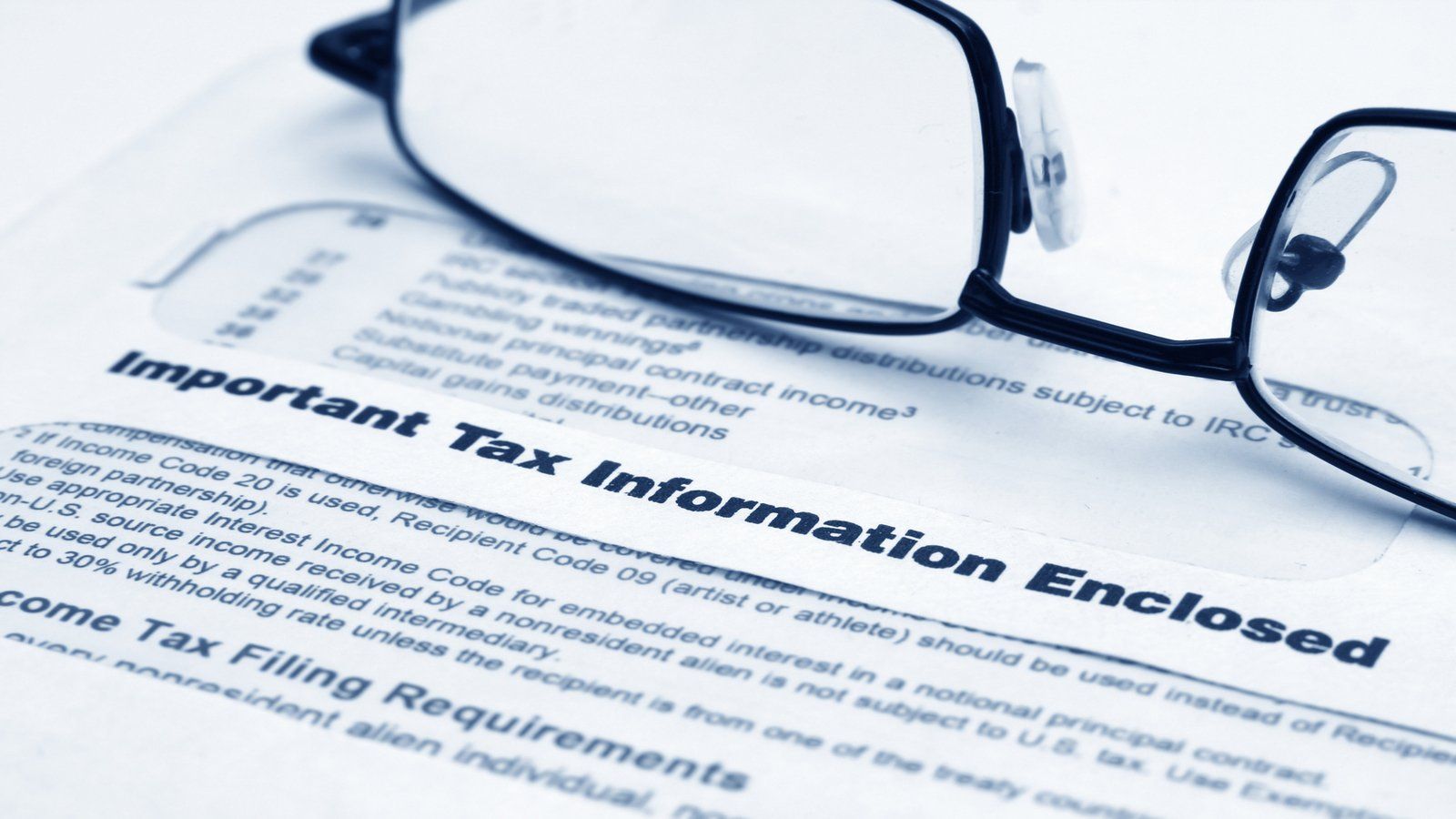By Jeremy Nachtigall
•
October 17, 2023
Understanding Daily Money Managers Daily Money Managers are financial professionals who specialize in helping individuals, particularly seniors, with their day-to-day financial responsibilities. They offer a wide range of services tailored to the specific needs and circumstances of their clients. Let's delve into how DMMs can be of tremendous benefit: Bill Payment and Expense Management: ● Seniors often face the burden of managing various bills and expenses. DMMs can organize bills, set up automatic payments, and ensure that no payments are missed, helping to maintain financial stability. Budgeting and Financial Planning: ● DMMs work closely with seniors and their adult children to create realistic budgets and financial plans. They help set financial goals, track expenses, and make informed decisions for the future. Income and Asset Management: ● Seniors may have multiple income sources, including pensions, Social Security, and investments. DMMs help manage these income streams, ensuring that funds are utilized efficiently and assets are properly maintained. Healthcare and Insurance Assistance: ● Understanding health insurance policies and managing medical bills can be challenging. DMMs can help seniors make sense of their coverage, submit claims, and deal with medical expenses. Financial Advocacy: ● DMMs serve as advocates for their clients, ensuring that their financial rights are protected. They can communicate with financial institutions, legal professionals, and government agencies on behalf of the senior, reducing stress and potential conflicts. Estate Planning and End-of-Life Matters: ● DMMs assist with organizing and maintaining important estate planning documents, such as wills and trusts. They also help seniors and their adult children make informed decisions about long-term care and end-of-life financial matters. Preventing Financial Exploitation: ● Sadly, seniors can be vulnerable to financial exploitation. DMMs play a critical role in safeguarding their clients' financial well-being by monitoring accounts for unusual activity and providing guidance on protecting assets. Peace of Mind for Adult Children: ● For adult children of seniors, hiring a DMM can provide peace of mind. It ensures that their parent's financial affairs are well-managed, reducing the stress and time-consuming responsibilities often associated with caregiving. Daily Money Managers serve as a vital bridge between seniors and their adult children, helping them effectively manage financial affairs and maintain financial stability during the later stages of life. By providing expert guidance, organization, and advocacy, DMMs not only ease the burden of financial management but also protect seniors from potential financial pitfalls. In an era where financial complexities abound, the services of a DMM can bring peace of mind and financial security to seniors and their families, allowing them to focus on enjoying their golden years.




